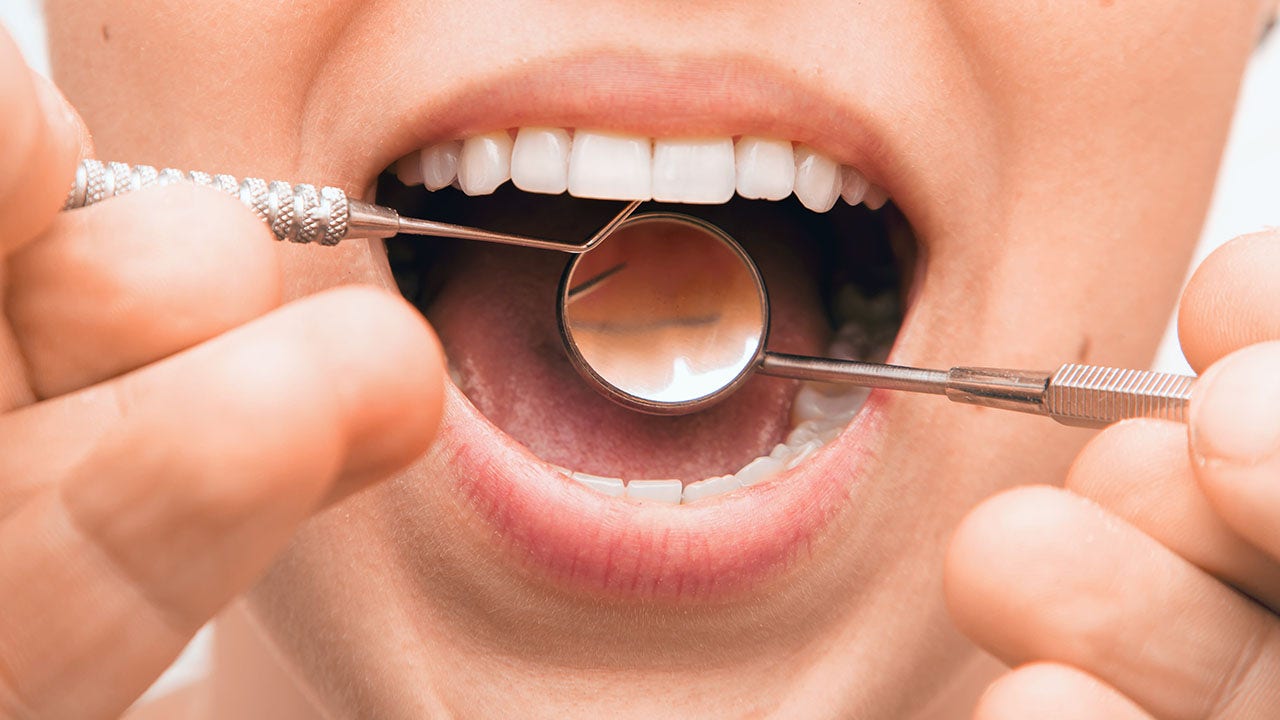Sharks possess a remarkable ability to regrow their teeth, and scientists in Japan are now working on a groundbreaking medicine that could lead to the world’s first tooth-regeneration treatment. According to a report by Japan’s national news site, the Mainichi, clinical trials for this experimental medicine will focus on patients who haven’t developed a complete set of teeth due to genetic factors present at birth. The condition in question, known as anodontia or partial anodontia, results in the complete absence or partial loss of teeth, respectively, as explained by the National Organization for Rare Disorders (NORD).
When babies fail to develop teeth by 13 months, healthcare providers suspect anodontia, as noted by the Cleveland Clinic. This dental condition can cause difficulties in chewing and speaking, leading to issues with digestion, gum damage, and stunted jawbone growth. The clinical trials for the tooth-regeneration medicine are set to commence in Japan in July 2024, with the possibility of regulatory approval by 2030.
Dr. Katsu Takahashi, the lead researcher on this study and head of the dentistry and oral surgery department at the Medical Research Institute Kitano Hospital, expressed his excitement, describing the concept of growing new teeth as every dentist’s dream. Dr. Takahashi’s journey towards making this dream a reality began during his graduate studies in molecular biology at Kyoto University in Japan. Inspired by the discovery of genes that could reduce tooth growth in mice, he decided to target specific genes that could potentially stimulate tooth regeneration.
While there have been numerous studies exploring different approaches to growing human tooth tissue, the idea of neutralizing antibodies to stimulate tooth regeneration is relatively new. Dr. Takahashi’s research team developed an antibody that blocks a protein called USAG-1, which inhibits tooth development. In lab experiments conducted in 2018, mice that had initially developed only a few teeth were able to grow new ones after receiving the antibody treatment.
It’s important to note that this research is still in its early stages, and there are challenges in controlling the shape, location, and number of regenerated teeth. Furthermore, the findings from animal models must be validated in human trials. However, if future research is successful, this tooth-regeneration medicine could potentially be expanded to treat more common conditions that result in tooth loss, such as gum disease.
The significance of this development lies in its potential to improve oral health and overall well-being. Severe tooth loss can significantly impact a person’s ability to eat a healthy diet, and a quarter of adults aged 65 or older in the US have eight or fewer teeth, according to the Centers for Disease Control and Prevention (CDC). The hope is that further advancements in this technology will overcome the existing challenges, optimize the treatment protocol, and establish its safety and reliability.
In conclusion, the pursuit of tooth regeneration through innovative medicine holds immense promise for transforming the field of dentistry and improving the lives of individuals affected by tooth loss. Scientists are eagerly awaiting further developments in this area, with the goal of revolutionizing dental care and offering new hope to those in need.
Denial of responsibility! VigourTimes is an automatic aggregator of Global media. In each content, the hyperlink to the primary source is specified. All trademarks belong to their rightful owners, and all materials to their authors. For any complaint, please reach us at – [email protected]. We will take necessary action within 24 hours.


